Hi Friend!
Quick tip Tuesday is BACK and I’m here to answer this question related to coaching prices!
And this one is a double-whammy! Archana asks, “How to set and scale your private coaching prices” and “how to pay off your mortgage/debt”! So juicy!
I went step by step on HOW to create your initial coaching price and my method for raising prices. I also chat about hitting the moral ceiling in your pricing and what to do when/if that happens.
Next, I dive into a debt payoff action plan! What debt to pay off first and how to get out of your mortgage ASAP! I think this episode will bless you and honestly… there’s nothing like a good, tactical, tutorial like today. I hope you enjoy!
FULL EPISODE TRANSCRIPTION:
(00:00):
It’s finally here, a Quick Tip Tuesday episode. Did you miss us? Did you miss the quick tips? Yep. I’m pretty sure you did because I heard from a lot of you. Where’s the Quick Tip Tuesdays? Sorry. Here it is. It’s here to save the day. Guys, If you have a juicy question, go right now to stefaniegass.com. Scroll down, leave me and an Ask Stef SpeakPipe question. I want to answer your question live.
(00:27):
And as long as we keep having these juicy questions coming up, I will keep doing Quick Tip Tuesday. Today we have two Quick Tip Tuesday questions rolled into one. Well-played, Archana, well-played! And she’s wondering number one, how in the heck to figure out what your coaching price per hour should be.
(00:45):
And if there’s a specific method to follow and a formula to follow, and the number two she’s asking about how the heck I was able to pay off massive amounts of debt, specifically, how you’re able to pay off your house super quickly, your mortgage. And if I have any tips and tricks for that. So here we go. I’m excited to answer this Quick Tip Tuesday question. Let’s grow.
(02:09):
Hi Stef. This is Archana from Switzerland, a PPU student. Thank you so much for all you do. You have absolutely transformed my life and turned me into a huge fan. I have a question for you regarding pricing and personal financial goals. First of all, what method do you use for yourself at the moment to price coaching sessions?
(02:30):
I’m just starting out and planning to offer a 30 minute coaching session as well as the 60 minute one. Should the 60 minute one always be double the price of the 30 minute one? And by how much do you raise your price each year? I know that you do that. So do you do that by a certain percentage? How do you go about it?
(02:52):
But I use my current salary as a basis to come up with a price point. The number which comes out feels too low compared to the value I’ll be providing. So what advice do you have for me? The second part of my question is this, you mentioned that you did pay off the mortgage of your house, how did you get there?
(03:10):
What was it? Inheritance money? Did you win the lottery or are just awesome at investing or was it your business? And if it was your business, how long did it take you to get there?To what extent did you take your personal, huge financial goal into account when you decided the pricing for your services? I can’t wait to hear your answer on Tuesday. Thanks a lot for sharing your love and light in every episode.
(03:38):
Hi, Archana from Switzerland! Great questions. Number one. How do you price your coaching? Here’s the situation with this one. You know, it really comes down to proof of concept and proving the viability of your coaching offer in the beginning. So it’s not so much about making a ton of profit, it’s about making a ton of headway in understanding your person and what they actually need from you.
(04:02):
So when you start out, what you did was correct, you are going to calculate your worth in a traditional job market. So let’s say that you come up with 50 bucks, you take your annual salary and you divide that by 52 weeks and you figure out your hourly rate and it’s 50 bucks. And what I heard you say is that 50 bucks is not sitting with me or whatever it is, it’s worth more, great, scale that up.
(04:26):
And scale it up anywhere between 20 and 100%, whatever feels right to you. Now, I will say, as a rule of thumb, when you’re getting started in the coaching industry, I would stay under $100. A hundred dollars an hour is a high price point. Truly it is. I mean, if you were to go out and get a job, that would be a value job. Now, I also want you to be able to get a lot of yeses from your clients, that’s why we’re pricing you at under a hundred dollars an hour as well for your first five to 10 clients.
(05:00):
The reason we’re doing this is you get a bunch of yeses in the door. And then secondly, you’re able to have a proof of concept of the style of coaching that you’re doing. And then lastly, you are able to fine tune your coaching in the future, based on the people that you’ve been meeting with and come up with some frameworks for your business.
(05:15):
Now, I would actually cut out the 30 minute offer and just stick with 60 minute one-time calls for right now and see if you like coaching. See if they’re asking for extended packages and go from there. When do you raise the price? You raise the price when you max out on your coaching capacity.
(05:31):
So let’s say you have five hours per week to coach and you max out on those five hours for two to three months in a row. What you want to do is, you know, you’re making sure that you’re hitting consistency in your coaching demand before you raise your price. And I’m not one for let’s like tiptoe into a higher price. Let’s raise the price 25 bucks an hour.
(05:55):
Guys, no. If somebody is willing to pay a hundred bucks an hour for you, they’re willing to pay 200. They’re willing to pay 400, especially if you start to max out on your demand. So at that point, when you’ve been maxed out for two to three months, double the price and do it again until you max out again for two to three months, double the price again. And so you’ll see, you’re going to start to have some compound growth in your coaching price.
(06:15):
So let’s say you started at 50 bucks, got maxed out. There went to a hundred maxed out there, went to 200 max out there, went to 400 maxed out there went to 800, et cetera,. Now you can do whatever you want to do. You can become a high ticket coach. You can go beyond $800 an hour, whatever the value is worth to your person is where you should end. Now, I do believe personally, morally there is a lid to what you should and could charge for coaching that gets people that result.
(06:43):
And at that point I’m pretty much there in my own coaching practice. Once you hit that, you have to make a decision. Are you going to quit coaching, or are you going to trans transition everybody to group coaching? Are you going to cap the number of clients that you take? All of which are great problems to have when you get to that point? So there you go. I hope that that helped you.
(07:04):
Question number two, a personal finance question. How did we pay off our mortgage? Now we actually have not paid off her mortgage. We have most likely, two years left, but I would love to give you some insight into how we got that far, because I think that’s pretty stinking good. I’m 36 and my husband’s going to be 40 next year. And I think to have a home that you completely own is the coolest thing ever.
(07:31):
Cause what does that do that allows you to have so much more cashflow to travel, to do home improvements, to give more, whatever it is that you want to do and to have no pressure because that’s a huge chunk of our expenses every month.
(07:44):
So one of the top tips I have here for all of you is as soon as we could possibly swing it, as quickly as we could, we took our 30 year mortgage and we rolled it into a 15 year mortgage. That’s cutting the length of your mortgage in half. And we were able to secure an even smaller interest rate by going to a 15 years. So it was uncomfortable for a while, but just like the concept of buying a home you can grow into, buy a mortgage you can grow into, or can consolidate into a mortgage you can grow into.
(08:20):
If you are expecting that your revenue is going to go up, maybe that 15 year can happen sooner than you think, because 15 years it’s going to go by pretty dang quickly. So we got into that 15 years as quickly as we could. And then one of the other strategies that we’ve used is as my business continued to grow, we would just increase, scale up the monthly payment.
(08:44):
Because the sooner that you pay that off, the sooner that you get out of all of that extra interest, that literally does nothing that you’re just giving away. So, you know, at first maybe that’s just a hundred bucks extra, a month payment, and then over time it can become 500 more a month in payment towards your home. And then over time, maybe it can become a thousand extra dollars a month towards your home.
(09:03):
Now, I will say this it’s, it’s not most important to pay your home off. You know, it’s most important to pay off the highest interest that you have. So obviously credit cards should be your first priority. Anything with a super high interest rate that needs to go. So mortgage rates, I don’t know what they are at the moment, but you know, if ours is currently right around, I think 2.75%, 3%, something like that.
(09:28):
So if you had a credit card with a 12% or 20% interest rate, that would be the debt that you would tackle first, and then you would go down the list. So really the most important thing is, and I’m no Dave Ramsey, but here’s the situation, guys.
(09:43):
Make a list of all the debt that you have in your home, all the debt you guys have together as a family, student loans, credit cards, mortgages, cars, et cetera, personal loans, family loans, write it out, put the interest rate on the right sorted by the highest interest rate, that’s the debt you tackle first. Get that stuff done as quickly as humanly possible.
(10:05):
And then you can start to get to those lower interest items on the list. It’s amazing. Then once you’re done there, you can start investing in wealth builders like stocks and real estate and multiple different income streams. But in order to do that, you have to get out of the high interest stuff because that’s stealing from you.
(10:27):
So there are my tips and tricks. I hope that that blessed you and who knew y’all would be coming to me for some financial advice. I mean, I do have a master’s degree in finance and accounting. If y’all wanted to know a fun fact up in here, although I do not know how to add very well, my son can add better than me and he is seven.
(10:51):
I do not know how I have a degree in that. Apparently for conversations like this. It’s awesome. There you go. You’re welcome. Guys, again, if you want to be featured on a Quick Tip Tuesday, please pop over to stefaniegass.com. Scroll down on the homepage. Leave me a SpeakPipe question, anything, I mean anything obviously anything as pertains to business, online marketing, podcasting, getting clarity, juggling a business and home life, a faith led business, hearing from God in your life.
(11:19):
Whatever you need help with. I am here to help you grow, my friend. And last but not least, if you are ready to work together, head to stefaniegass.com, check out the courses, take a look at the core suite, there is also a coaching tab. I do have a very few limited number of spots available for coaching clients, for the rest of this year, early into next year, we will be limiting the number of clients that I’m taking in the future and prices go up January 1st.
(11:49):
So if coaching has been on your heart, stefaniegass.com/coaching. If courses have been on your heart, then head on over to the web and check those out. Love ya. I’ll see you guys back real soon. I pray that God blesses you in this holiday season that you’re able to pour into your family, create time and space to be present, rest, to hear from him and that he just blesses you with revelation and goals and God created vision over your life and business for next year. And I can’t wait to help you through all of those big breakthroughs next year. God bless.
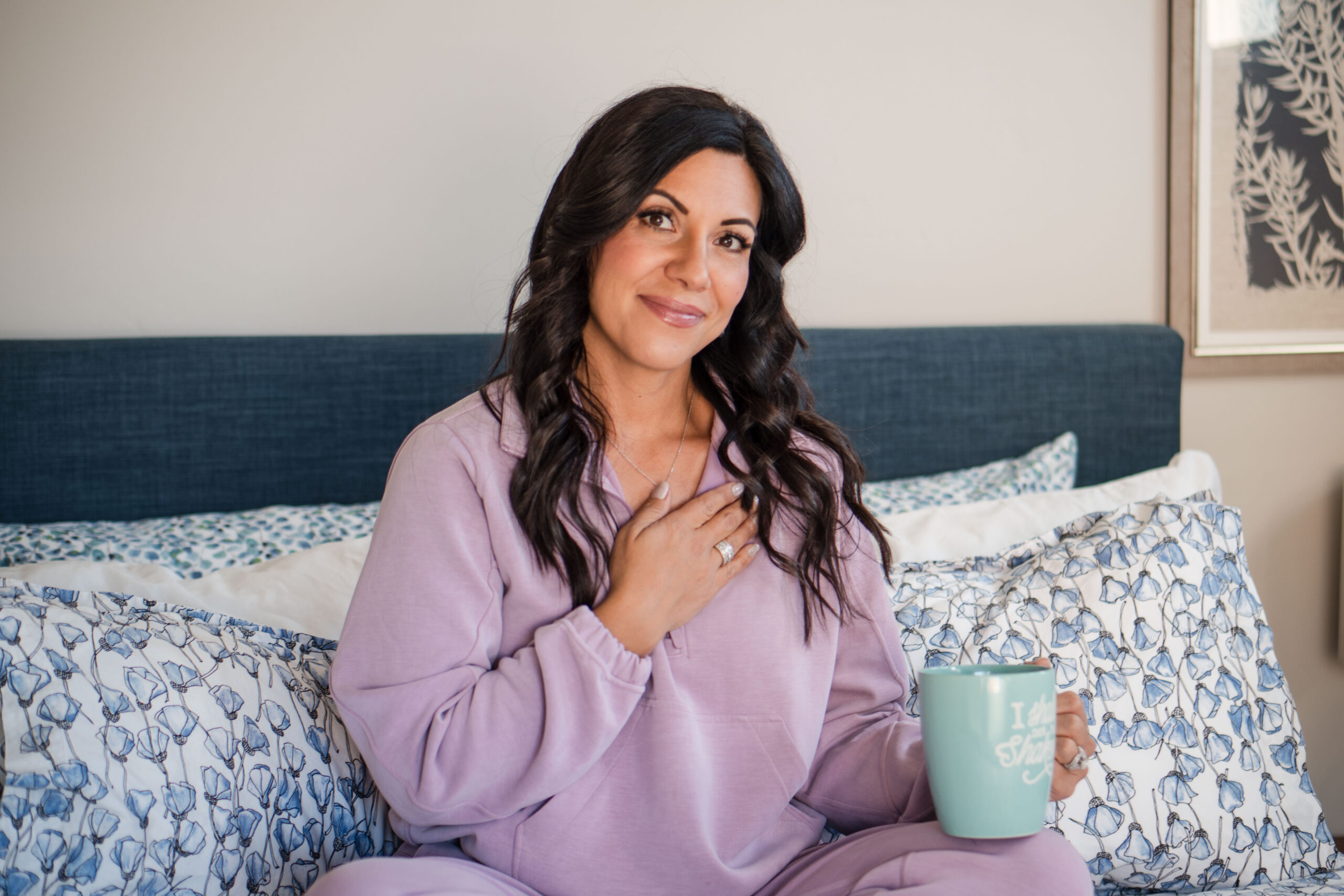



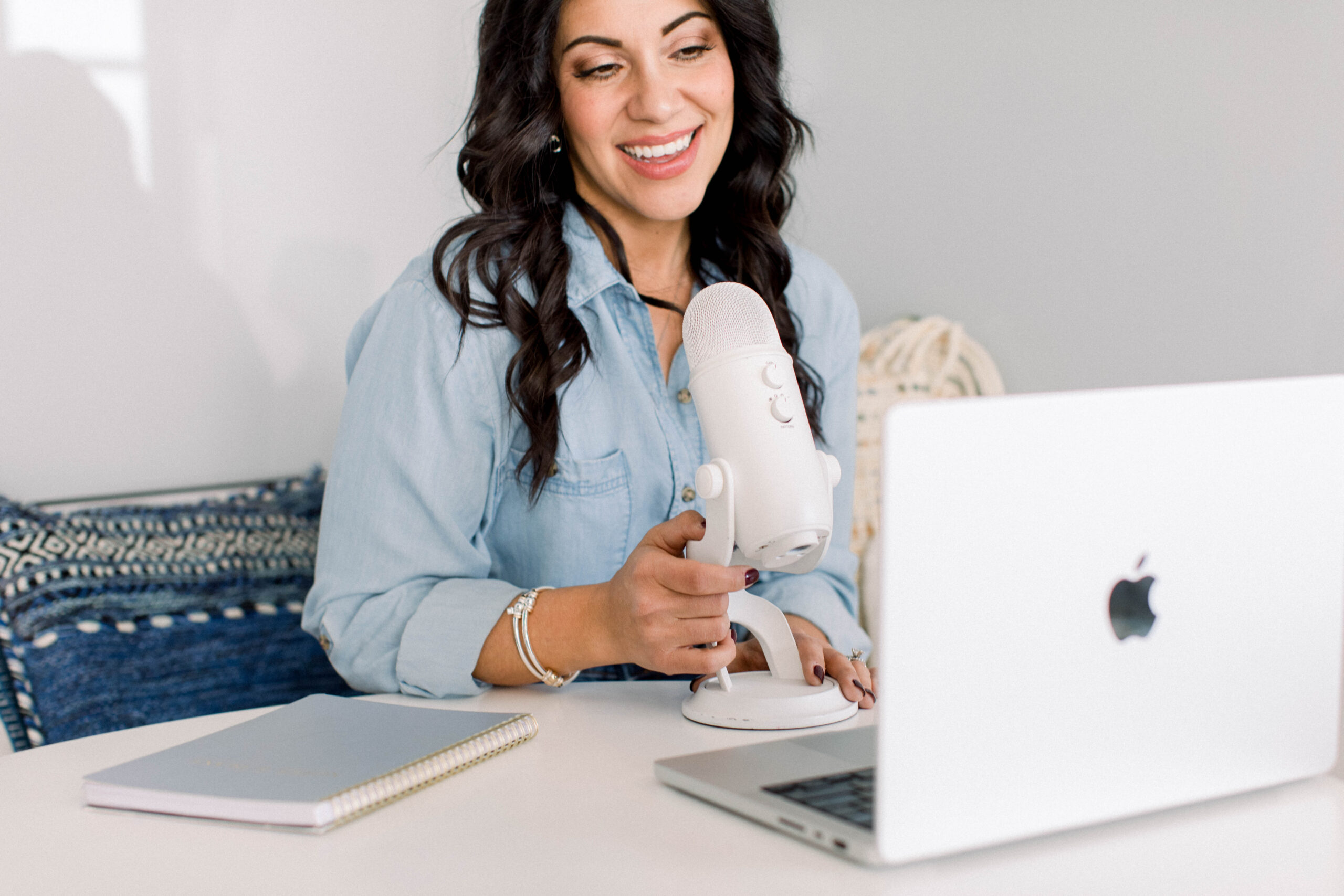
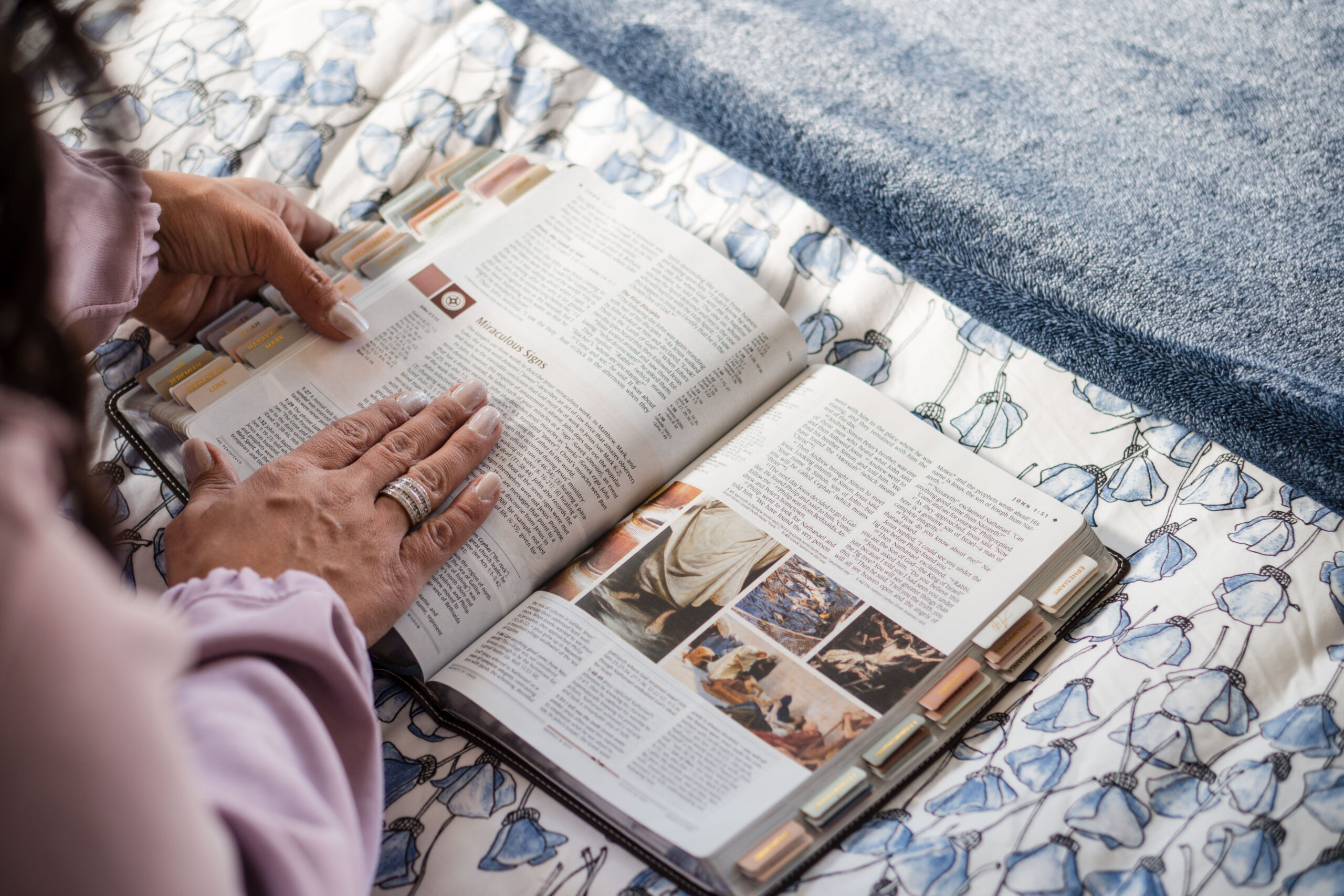
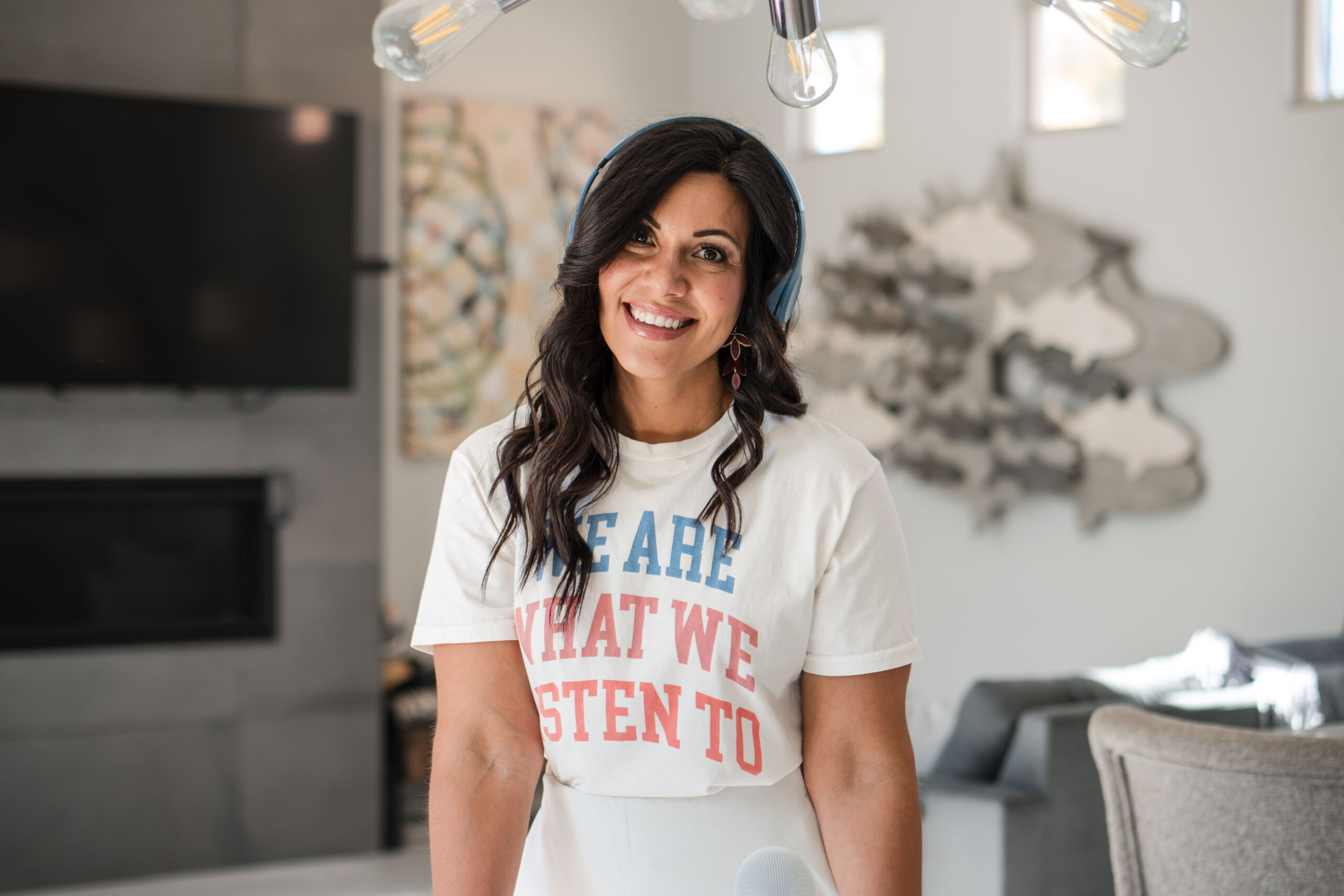

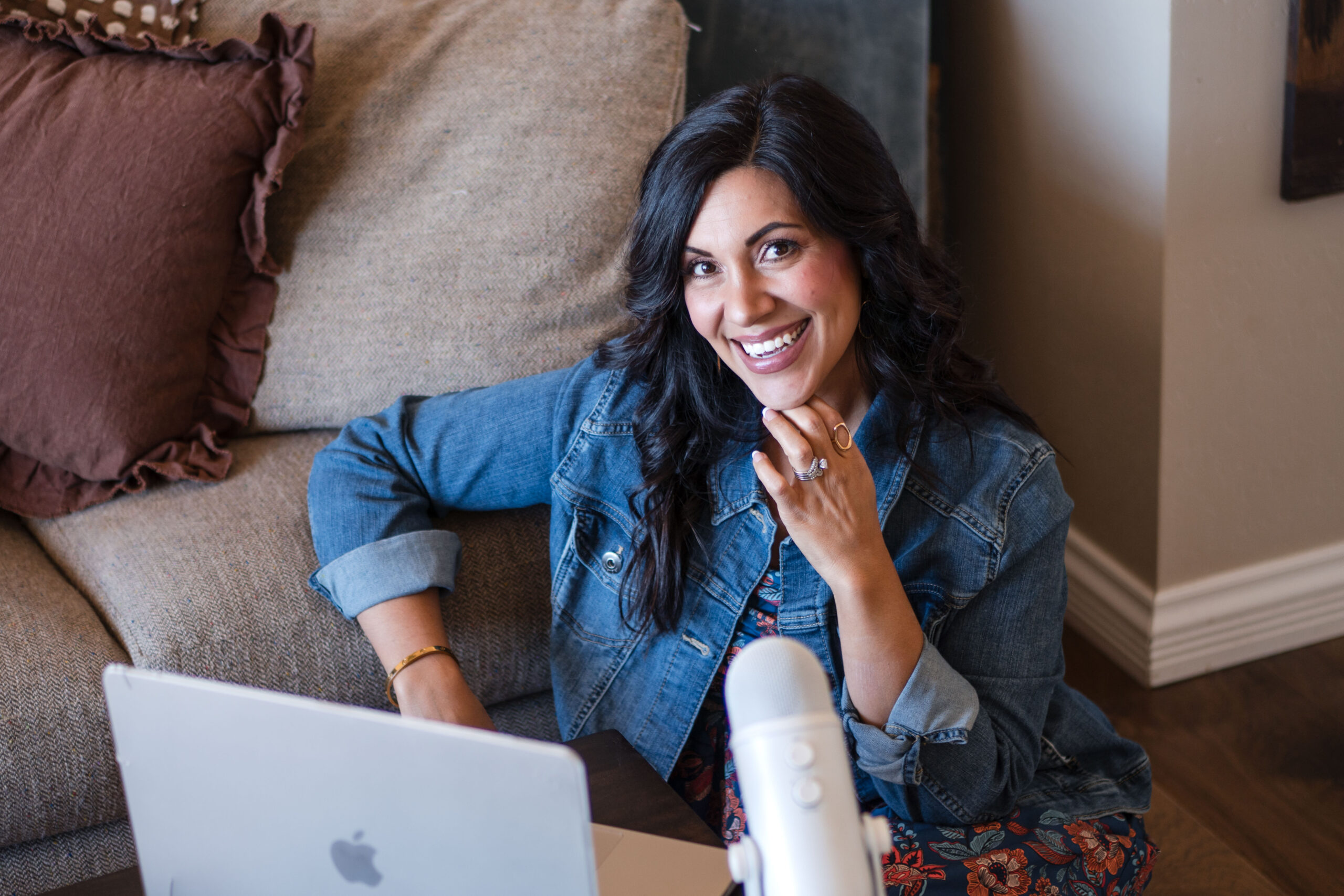
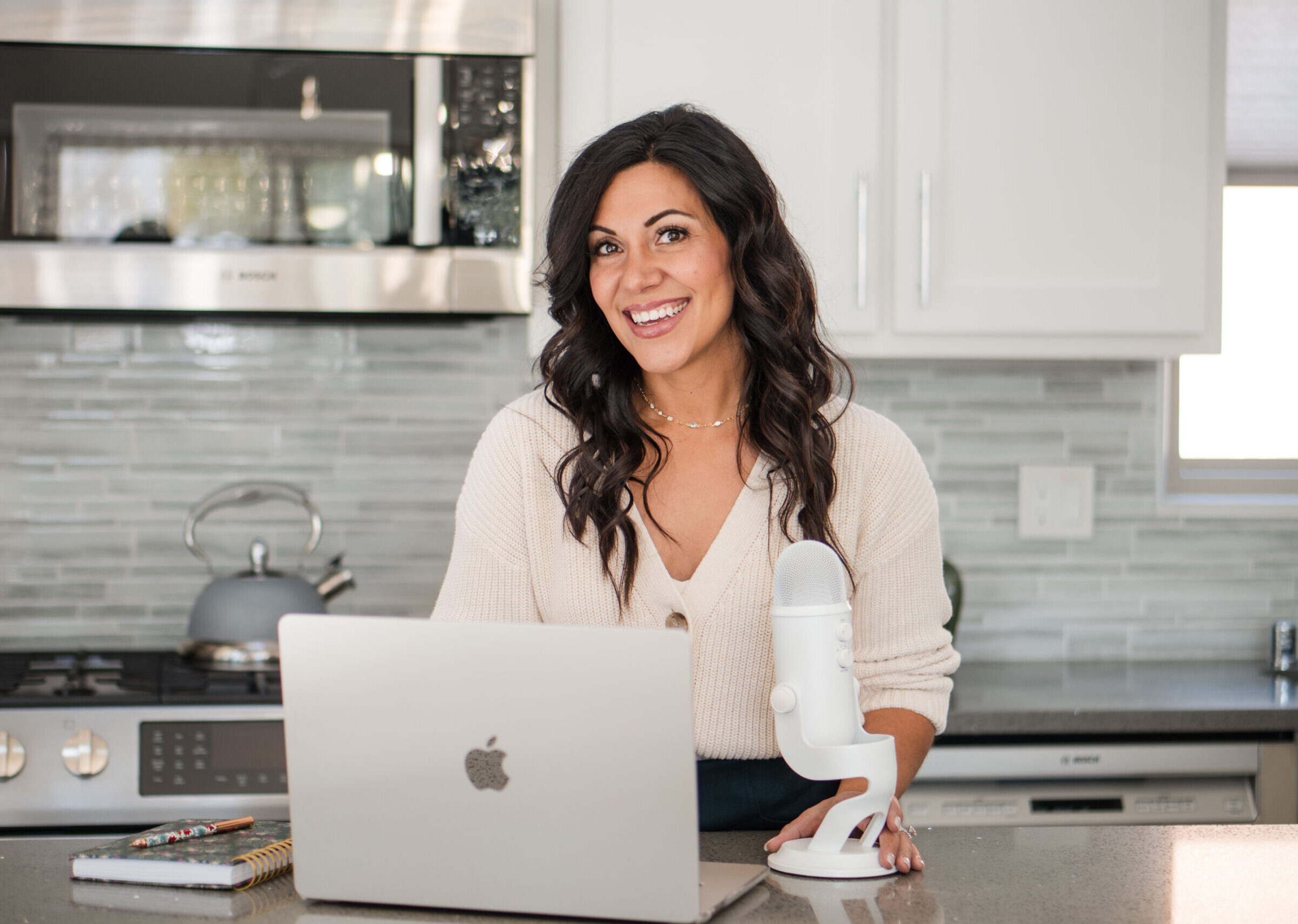

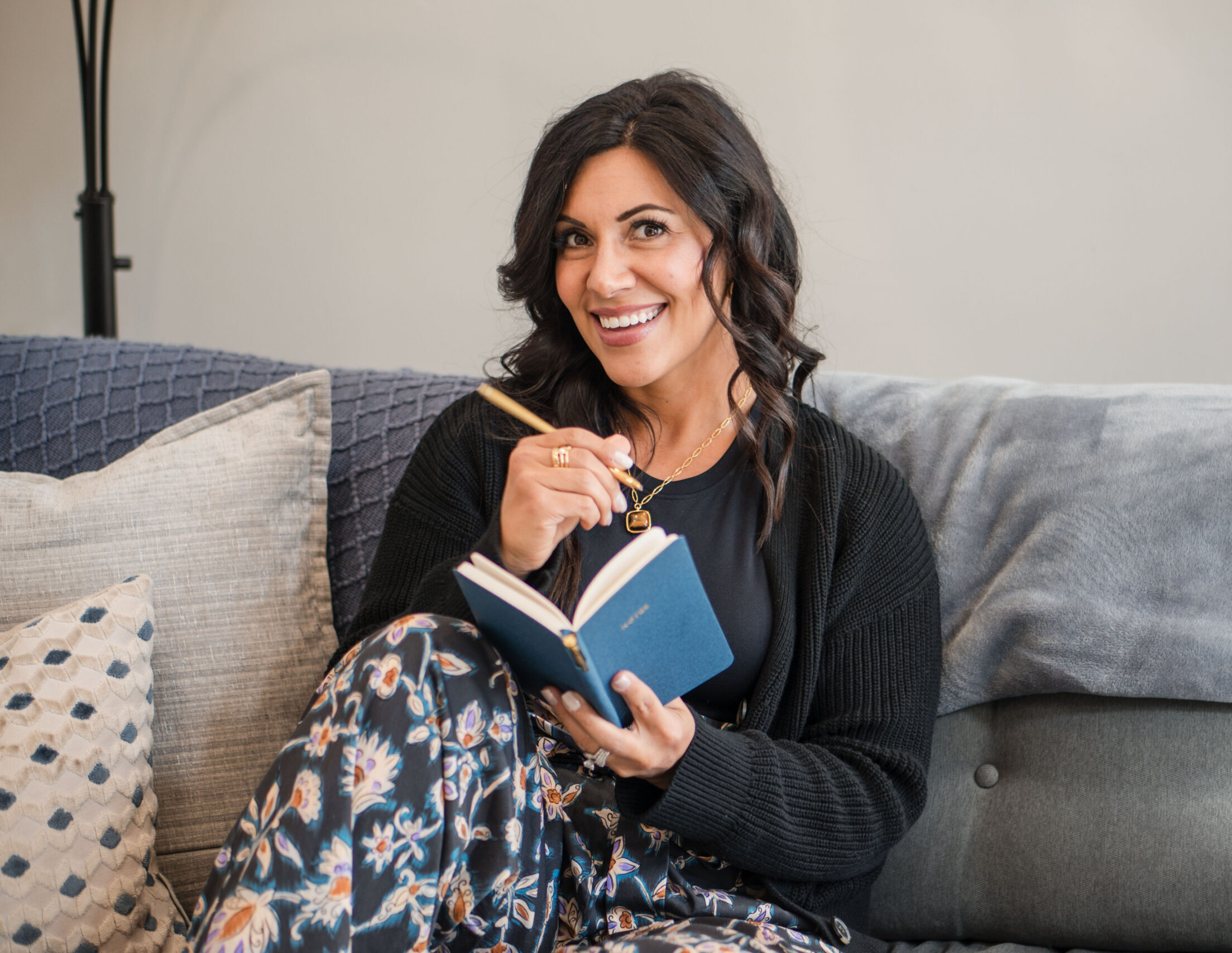




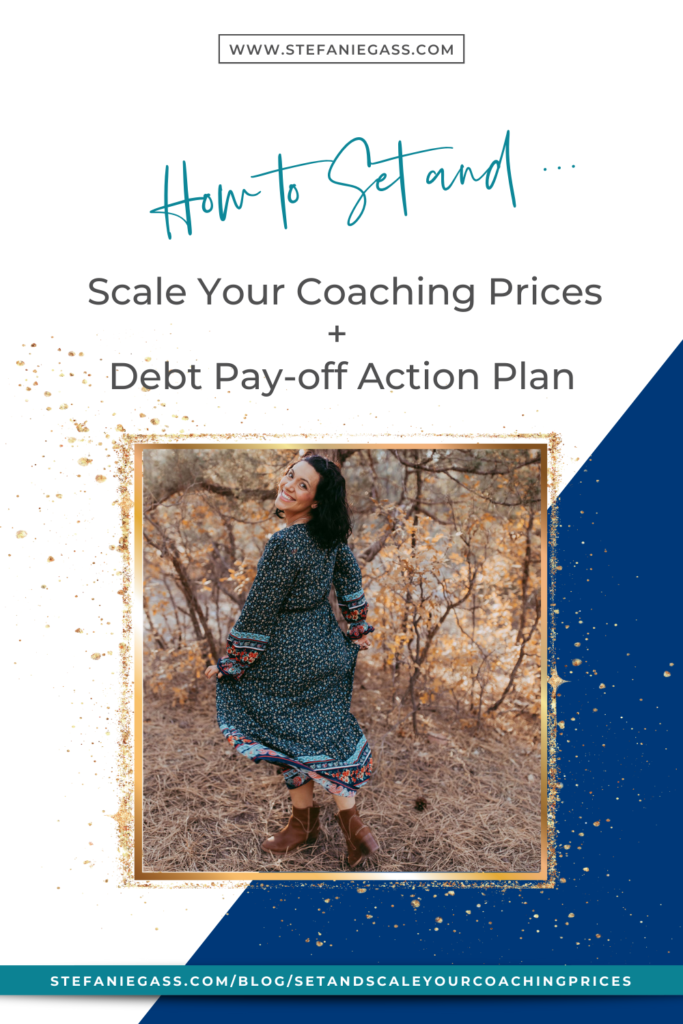
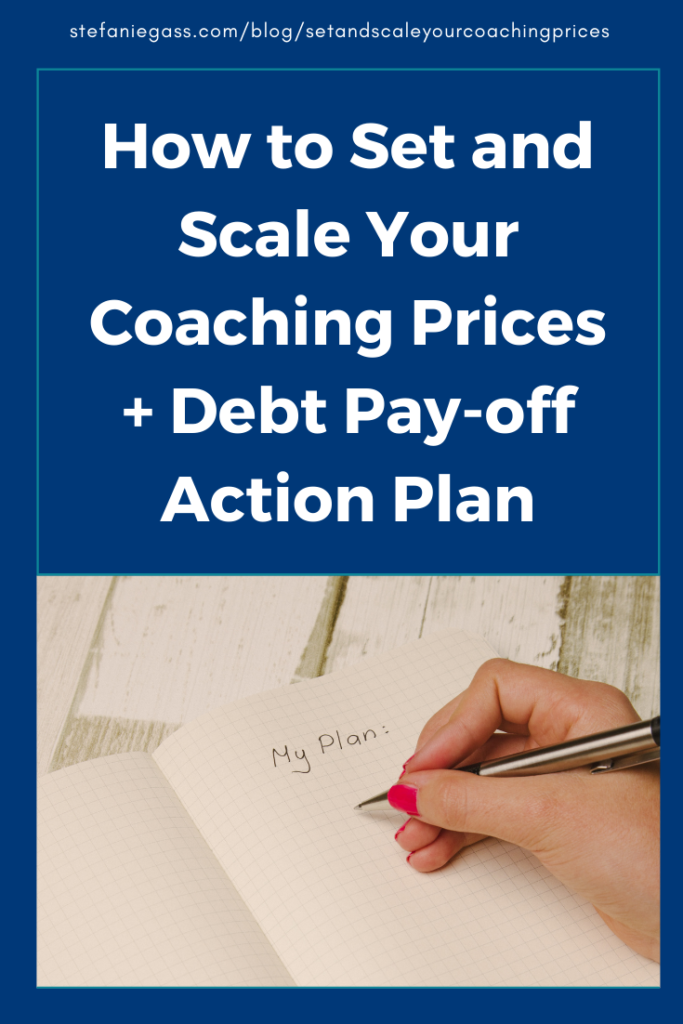

Leave Comment or Question Below